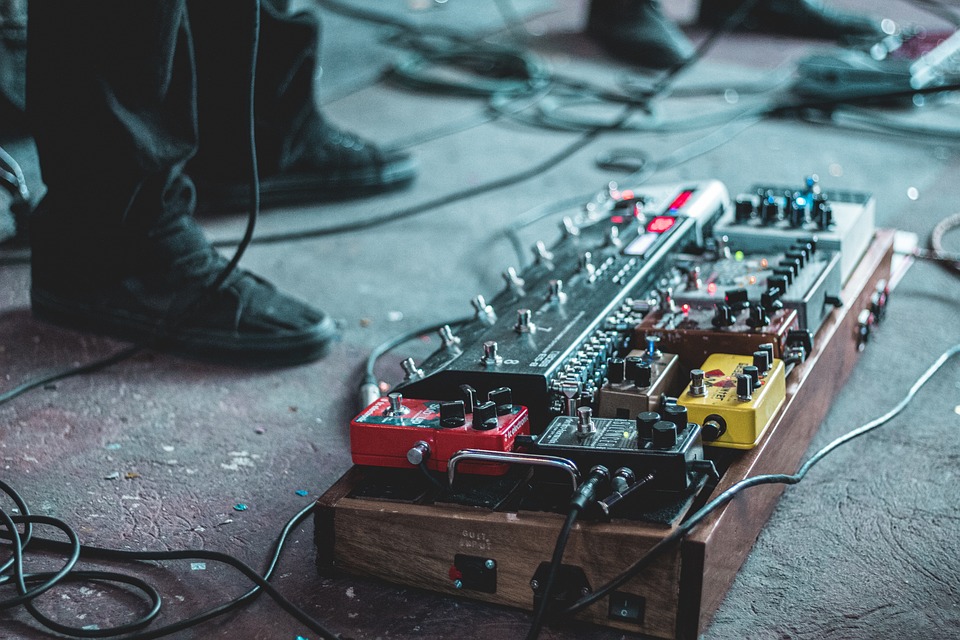
Learning to play the guitar can be a daunting task for beginners. There are so many things to consider, from choosing the right instrument to mastering basic chords and scales. If you’re just starting out on your guitar journey, you probably have a lot of questions. Don’t worry, we’ve got the answers you need to get started on the right foot.
Choosing the Right Guitar
One of the first decisions you’ll need to make as a beginner guitarist is choosing the right instrument for you. There are a few different types of guitars to consider, including acoustic, electric, and classical. Each type of guitar has its own unique sound and characteristics, so it’s important to do some research and figure out which one is best for you.
Acoustic guitars are great for beginners because they’re versatile and portable. They produce a rich, natural sound and can be played without the need for an amplifier. On the other hand, electric guitars are popular for their versatility and ability to produce a wide range of sounds. They do require an amplifier to be heard, but they’re great for playing rock, blues, and other styles of music that rely heavily on effects and distortion.
Classical guitars are known for their nylon strings and soft, mellow sound. They’re great for playing classical and flamenco music, as well as some styles of folk and jazz. If you’re interested in learning classical guitar, this might be the right choice for you.
Your musical journey starts here! Join our Guitar Lessons in Edmonton and start playing like a pro.
Basic Techniques
Once you’ve chosen the right guitar for you, it’s time to start learning some basic techniques. The first thing you’ll need to learn is how to hold the guitar properly. Sit up straight with your feet flat on the ground, and position the guitar so that it rests comfortably on your lap.
Next, you’ll need to learn how to hold the pick and play basic chords. Chords are the building blocks of music, and learning to play them is essential for any guitarist. Start with easy chords like G, C, and D, and practice switching between them until you can do it comfortably.
After you’ve mastered some basic chords, it’s time to move on to scales. Scales are a series of notes played in a specific sequence, and they’re essential for building speed and dexterity on the guitar. Start with the minor pentatonic scale, which is one of the most commonly used scales in popular music.
Looking for the best Sherwood Park guitar lessons? Learn at your own pace with structured lessons designed for all skill levels. Reserve your spot today!
Getting Started with Lessons
If you’re feeling overwhelmed by all the information out there about learning guitar, don’t worry – there are plenty of resources available to help you get started. One of the best ways to learn guitar is by taking lessons from a qualified instructor. They can provide personalized instruction and feedback to help you progress at the right pace.
There are also plenty of online resources available for beginners, including instructional videos, tutorials, and interactive courses. These can be a great way to learn at your own pace and on your own schedule. Just be sure to do some research and choose reputable resources that will provide you with accurate information and quality instruction.
Another option for beginners is to find a local guitar group or community where you can meet other guitarists and learn from each other. This can be a great way to stay motivated and inspired, and it can also provide you with opportunities to collaborate with other musicians and perform in a group setting.
Practice Makes Perfect
As with any new skill, learning to play the guitar takes time and practice. It’s important to set aside regular practice time and stick to a consistent schedule. Even just a few minutes of practice each day can make a big difference in your progress.
When you’re practicing, make sure to focus on the fundamentals like proper technique, rhythm, and timing. It’s also important to challenge yourself with new material and set goals for yourself. Whether it’s learning a new chord progression, mastering a difficult solo, or writing your own song, setting goals will help you stay motivated and continue to improve.
Don’t be discouraged if you hit a plateau or encounter obstacles along the way. Learning the guitar is a journey, and it’s okay to take your time and enjoy the process. Stay patient and keep pushing yourself, and you’ll be amazed at how far you can come with dedication and hard work.
Conclusion
Learning to play the guitar can be a challenging but rewarding experience for beginners. With the right instrument, basic techniques, lessons, and practice, you can start your guitar journey on the right foot. Remember to be patient with yourself and stay motivated, and you’ll be well on your way to becoming a confident and skilled guitarist.
[ad_2]
